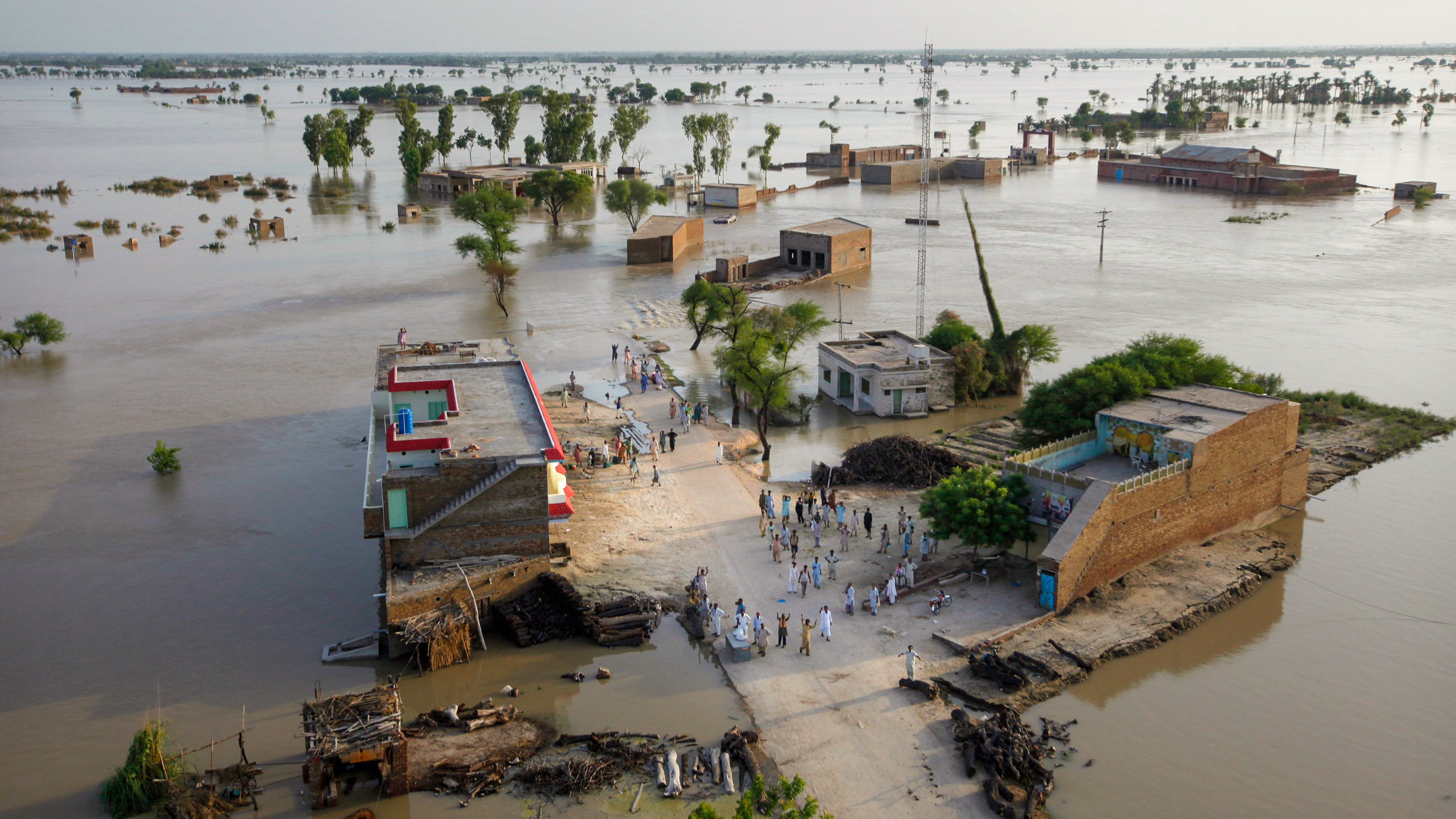In this case, however, just how big a role climate change played isn’t clear.
It’s relatively straightforward to conduct an attribution study that assesses the influence of warming in heat waves, where hotter average temperatures push up the baseline that such sweltering events take off from. The group has precisely calculated how much climate change altered the odds of the blistering Pacific Northwest heat wave last year (such conditions would be “at least 150 times rarer without human-induced climate change”), the recent UK heat wave (climate change made it “at least 10 times more likely”), and the one in Pakistan and India earlier this year (“30 times more likely”).
But using climate models to pinpoint global warming’s role in amplifying the full monsoon season proved trickier, the researchers noted in a press statement. World Weather Attribution chalked up the uncertainty to some combination of the wide variability in heavy rainfall patterns over long periods, natural processes at work that the models may not fully capture, and the weather quirks of the territory. The Indus River basin is located at the western edge of the region’s monsoon area, where there are big differences in rainfall trends between the dry west and wet east.

PAULA BRONSTEIN/ GETTY IMAGES
On the other hand, weather records clearly show that the region’s heaviest periods of rainfall have become more intense in recent decades, by about 75% in the two hardest-hit provinces. Some models found that climate change may have increased rainfall by as much as 50% during the five wettest days of the two-month monsoon season in those areas.
“So while it is hard to put a precise figure to the contribution of climate change, the fingerprints of global warming are evident,” Friederike Otto, a senior lecturer in climate science at Imperial College London and one of the leaders of World Weather Attribution, said in a statement.